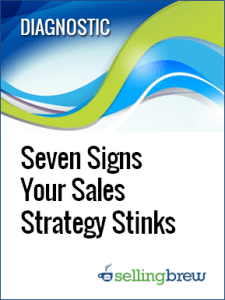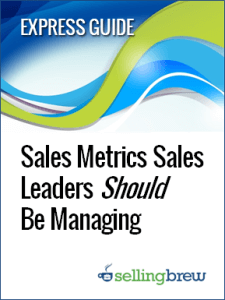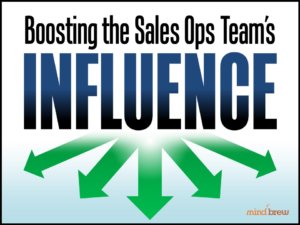If you lower your price on a deal, will you have a better chance of winning it?
Not as often as you might think.
Research shows that for most buyers – yes, most – price is not the final or even the primary consideration. It’s always important, of course, but it’s often not the deal breaker it’s cracked up to be. Despite what your customers’ Procurement office would like you to think.
Pure price buyers are typically only 20-30% of your customers. For all the others, something else trumps price every time. It may be ROI. It may be the strategic advantage that buyers gain from long-term collaboration with you. Whatever it is, dropping your price there will not change the buyer’s decision.
So why do it? What is often the first reaction when a deal is under threat? Lower the price. All that does is leave good money on the table.
How do you tell which customers are really willing pay for value – despite what they may say? There are dozens of objective, clearly observable ”tells” to look for. Here are three such situations and some of their tells:
- Buyers taking the long view: the Relationship Buyer
Relationship Buyers can gain strategic advantage by collaborating with trusted vendors over time. They don’t switch vendors often; the vendor becomes an extension of the customer’s team. These customers will pay to make sure they are getting the best quality. They are skeptical of low prices. So skeptical, in fact, that the CEO of a manufacturing company with a lot of Relationship Buyer customers decided that, instead of lowering prices just before the coming recession, he would raise them. It stuck. His company had real value and the Relationship Buyers didn’t want to leave.
- Buyers seeking ROI: the Value Buyer
Value Buyers focus on the long-term ROI more than the up-front price. They will pay more to get more. They want vendors that prove the impact and financial results their offerings will bring. Value buyers do extensive scrutiny of vendors and products, and they work closely with a few vendors to model impacts before making their selection. The vendor with the best ROI, not the one with the best price, will win.
- Buyers faking it: the Poker Player
Poker Players are secretly Value or Relationship Buyers but pretend to be Price Buyers to drive price down. They know the vendor they want, but convince everyone they need the lowest price. Then they just sit back and watch the vendors duke it out on price. They get a lower price from the vendor they wanted all along. And all the other vendors, thinking they had a real lead on their hands, just got duped. Want to call a Poker Player’s bluff? Take him at his word. Give him the lower price they say they want – and strip out all the value. See if they yell. If they do, they really want all that good stuff. They just showed you their hand. Now it’s your move.
Don’t believe you have to lower your price every time to win the business – in many situations you would often have won it anyway. If the customer wants to pay for your value, dropping price just gives away money for free. To figure out which customer is which, don’t just listen to what they say – watch their tells.











